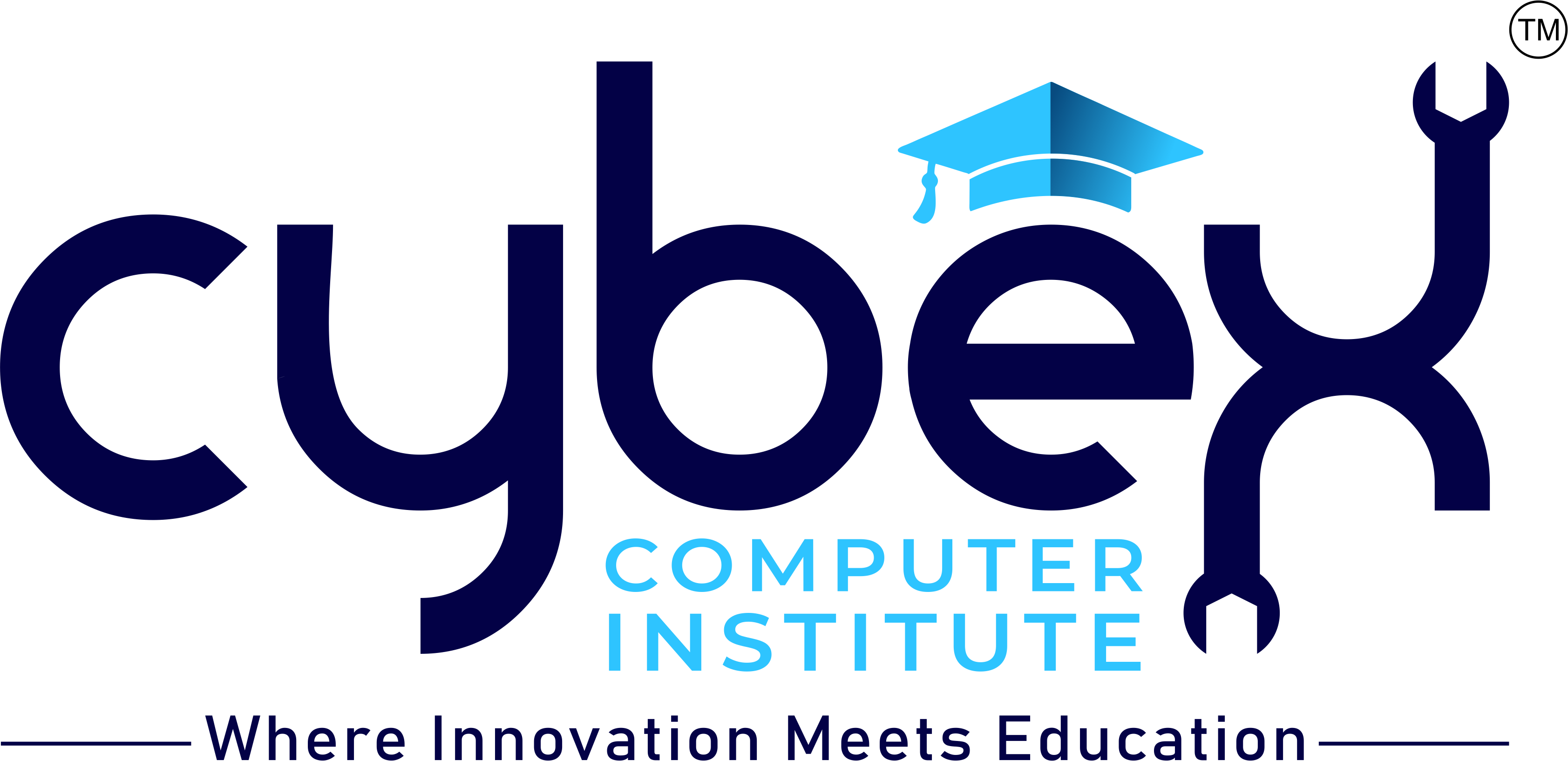Course Description:
This course offers a comprehensive introduction to SQL (Structured Query Language), the foundational language for interacting with relational database management systems (RDBMS). SQL is crucial for querying, updating, and managing data within databases, making it an essential skill for anyone involved in data analysis, database administration, or application development. Tailored for beginners as well as those seeking to enhance their database management skills, this course provides a strong foundation in SQL, equipping participants with the tools to interact with and manage relational databases effectively. Given the high demand for SQL skills across various industries, this course is particularly valuable for individuals aiming to build careers in data-related fields.
Course Outline:
- Introduction to Databases and SQL:
- Overview of relational databases: understanding database concepts and structures.
- Introduction to SQL: its role in database management and key SQL commands.
- Setting up a SQL development environment: using database management tools and software.
- Basic SQL Queries:
- SELECT Statements:
- Writing basic queries to retrieve data from tables.
- Filtering results using the WHERE clause and logical operators.
- Sorting results with the ORDER BY clause.
- Aggregate Functions:
- Using functions like COUNT, SUM, AVG, MIN, and MAX to perform calculations on data.
- SELECT Statements:
- Data Manipulation:
- Inserting Data:
- Adding new records to a database using the INSERT INTO statement.
- Updating Data:
- Modifying existing records with the UPDATE statement and SET clause.
- Deleting Data:
- Removing records from a table using the DELETE FROM statement.
- Inserting Data:
- Joins and Relationships:
- Types of Joins:
- Understanding and using different types of joins: INNER JOIN, LEFT JOIN, RIGHT JOIN, and FULL OUTER JOIN.
- Combining Data:
- Combining data from multiple tables to produce comprehensive results.
- Types of Joins:
- Subqueries and Nested Queries:
- Writing and using subqueries to perform complex queries.
- Implementing nested queries to filter and aggregate data.
- Data Definition and Schema Management:
- Creating and Modifying Tables:
- Using CREATE TABLE, ALTER TABLE, and DROP TABLE statements.
- Defining Constraints:
- Implementing constraints like PRIMARY KEY, FOREIGN KEY, UNIQUE, and CHECK to enforce data integrity.
- Creating and Modifying Tables:
- Indexes and Performance Optimization:
- Indexes:
- Understanding the role of indexes in improving query performance.
- Creating and managing indexes to optimize database operations.
- Query Optimization:
- Techniques for writing efficient SQL queries and analyzing execution plans.
- Indexes:
- Stored Procedures and Functions:
- Stored Procedures:
- Creating and using stored procedures to encapsulate and reuse SQL logic.
- User-Defined Functions:
- Writing and implementing custom functions for modular and reusable code.
- Stored Procedures:
- Transactions and Concurrency:
- Transactions:
- Understanding transaction management: BEGIN, COMMIT, and ROLLBACK.
- Concurrency Control:
- Handling concurrent data access and maintaining data consistency.
- Transactions:
- Security and Permissions:
- Managing user access and permissions: granting and revoking privileges.
- Ensuring data security and integrity through role-based access control.
- Practical Applications and Projects:
- Applying SQL skills through hands-on projects and exercises.
- Developing a database project that demonstrates proficiency in SQL and database management.
Learning Outcomes:
By the end of this course, participants will have a solid understanding of SQL and its applications in relational database management. They will be proficient in writing and optimizing SQL queries, manipulating data, and managing database schemas. Participants will also gain practical experience through projects, preparing them for roles in data analysis, database administration, and application development.
Target Audience:
This course is ideal for beginners who are new to SQL and database management, as well as individuals looking to enhance their skills in working with relational databases. It is suitable for those interested in data-related careers, including data analysts, database administrators, and developers who need to interact with databases.
Whether you are starting your journey in data management or looking to deepen your SQL expertise, this course provides the essential skills and knowledge to excel in working with relational databases and advancing your career in data-focused roles.




